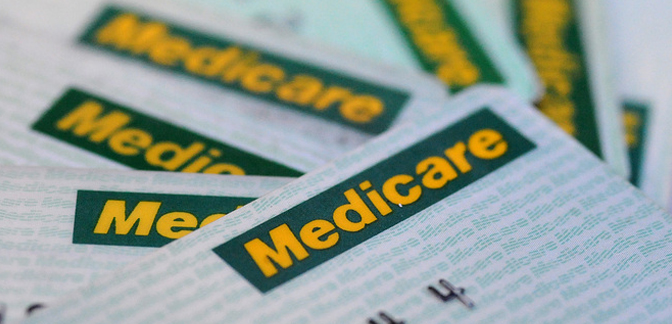The ‘Tummy Tuck’ (abdominoplasty) operation can greatly reduce back pain and incontinence for postpartum women, Australasian Society of Aesthetic Plastic Surgeons President and Specialist Plastic Surgeon, Associate Professor Mark Magnusson writes in reference to his part in a landmark study.
Following childbirth, chronic lower back pain and urinary incontinence are two common physical consequences impacting women significantly on quality of life. Whilst there have previously been case reports of improvement after abdominoplasty this is the first prospective, multi-centre study of the procedure and its benefits.
The results were so compelling, we have been able to renew our pressure on the Federal Government to reinstate the Medicare Item Number which was removed in 2016 for all other patients other than massive weight loss patients.
The study was recently published in the prestigious US journal, Plastic and Reconstructive Surgery and included the outcomes 214 women who underwent abdominoplasty at nine Australian plastic surgery centres. The women’s average age was about 42 years with an average of 2.5 deliveries, including both standard and caesarian births.
The women completed validated questionnaires before and after the surgery rating their disability from back pain and urinary incontinence. In the preoperative questionnaires, about 51 percent of women reported moderate to severe disability from back pain, while urinary incontinence was a “significant concern” for 42.5 percent.
Follow-up questionnaires at six weeks and six months showed a major improvement in scores with only nine percent of patients still reporting a moderate disability from back pain at six months. Urinary incontinence remained a significant problem for less than two percent of women.
While scores for back pain continued to improve from six weeks to six months after surgery, urinary incontinence improved no further after six weeks.
The incidence of chronic back pain more than two years after childbirth has been reported to be between five and 21.1 percent of the population, while urinary incontinence persisting 10 to 12 years post pregnancy is between 25 to 37.9 percent. These statistics translate to up to 1.67 million Australian women suffering chronic back pain and 3.2 million with stress incontinence as a consequence of pregnancy and childbirth.
These conditions impact negatively on quality of life. Back pain can make it difficult to lift a child, do up a child car seat or even sit for a period of time. Incontinence can be distressing with women usually experiencing leakage exercising, laughing, coughing or sneezing.
Abdominoplasty repairs the rectus diastasis (muscle separation after pregnancy) as well as removing skin from above the umbilicus to the pubis. This not only restores the trunk to its pre-pregnancy shape, it also restores core strength, essential in converting a moderate disability to a trivial issue and allows a woman to live a life free of background pain and worry about injury.
It’s hoped that this new evidence will persuade the Federal Government to reinstate the Medicare Item Number for this operation for postpartum women, a decision which has made the procedure unaffordable for a large number of women living with chronic pain and incontinence.

